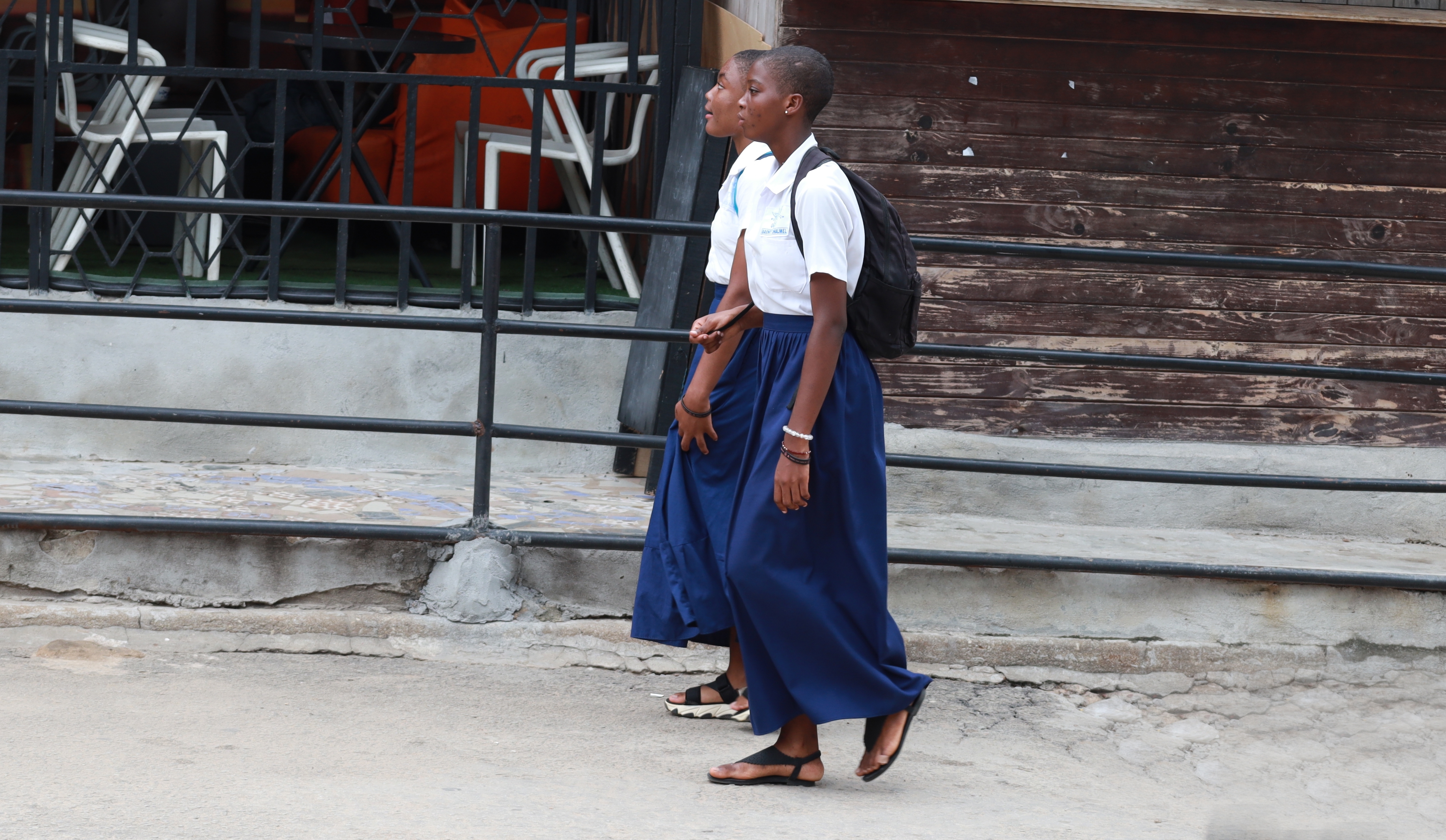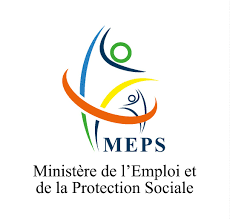Assessing Learning From Home Experiences During 2020 School Closures in Côte d’Ivoire

As part of the RECOVR initiative, IPA partnered with the Côte d’Ivoire Ministry of Employment and Social Protection to assess children’s educational activity and household experiences with distance learning radio and television programs during school closures. Family supervision and support were deemed critical for children’s safety, continued studying, and learning success. Radio and television served as vital information sources, but the programs faced engagement challenges and mixed opinions from caregivers regarding their continuation after schools reopened.
Around the world, more than 1.5 billion students were affected by school and university closures due to the COVID-19 pandemic, creating significant challenges to learning. In Côte d’Ivoire, schools were closed in 2020 from March to May as part of emergency measures and then again from July to August for summer vacation. In response, the government broadcast radio and television learning programs for students and their families to engage with. However, evidence suggests that extended school closures can make learning difficult, even when learning-from-home resources are available.1 As such, the educational experiences of households during these periods could help to inform stronger distance learning programs to avoid learning losses and to even better support children’s learning outside of the classroom when school is in session.
As part of the RECOVR initiative to generate rigorous data and evidence for policymakers to use to mitigate the impacts of COVID-19 in Côte d’Ivoire, IPA partnered with the Cote d’Ivoire Ministry of Employment and Social Protection to assess children’s educational activity during school closures. IPA conducted two rounds of telephone surveys with households across the country in June and October 2020. Topics included the educational experience of the children, the kinds of educational activities they completed, their assessment of those activities, and the government radio and television learning programs.
In addition, IPA conducted qualitative interviews with households to further investigate their experiences with the government’s distance learning programs. To do this, IPA analyzed the responses of households from the second round of telephone surveys to gather diverse profiles and experiences. Within each profile, households were then randomly selected to participate in the interviews.
Family supervision and support during the closures appeared to be critical for children’s safety and learning. Caregivers viewed the educational activities as a way to keep their children supervised, occupied, and secure from danger. Relating to students’ education, caregivers cited lack of motivation as a primary challenge to study at home, requiring caregivers to supervise children closely. Relatedly, children with caregivers who had the means to devote more time and effort to support them or could pay for private tutoring were more likely to engage children with parents who did not. As a result, remote learning initiatives might be exacerbating existing educational inequality.
Households found radio and television to be a useful media strategy for the government to share information with the public, as households learned about health protocols and education and discussed these topics within their communities. Caregivers also associated the learning programs with education rather than entertainment. However, issues included caregivers not engaging the programs with their children, rural households lacking radio and television and feeling left out of the program, and the content being too fast for children to follow. As schools reopened, about one-third of caregivers saw the programs as no longer necessary. Others believed that the programs could be useful during holidays and vacations, to help children learn through repetition of content, and to address learning equity if the family could not afford a private tutor.
Real time and actionable dissemination was a key part of this project. The findings were shared with multiple audiences across several discussions, in Cote d'Ivoire and globally - including the 2022 CIES Conference and 2022 RISE Conferences.
Sources
1. Slade, T. S., Piper, B., Kaunda, Z., King, S., & Ibrahim, H. (2017). Is ‘summer’ reading loss universal? Using ongoing literacy assessment in Malawi to estimate the loss from grade-transition breaks. Research in Comparative and International Education, 12(4), 461-485.
Näslund-Hadley, Emma, Juan Manuel Hernández Agramonte, María Luisa Zeta, Carolina Méndez, Brunilda Peña de Osorio, Guiselle Alpizar, Juan Felipe García Rodríguez, et al.. 2021. Education Policy Brief 9: Parental Engagement in Early Childhood Development and Preschool Education during the COVID-19 Pandemic: Evidence from Latin America and the Caribbean.
Implementation Partner













